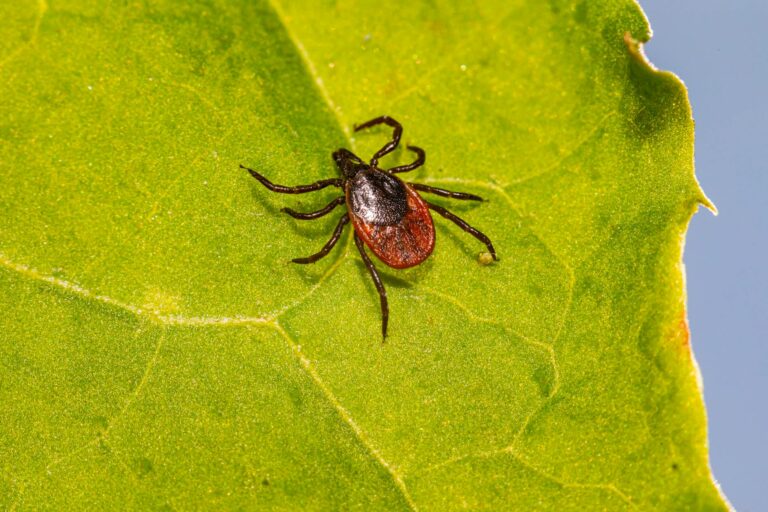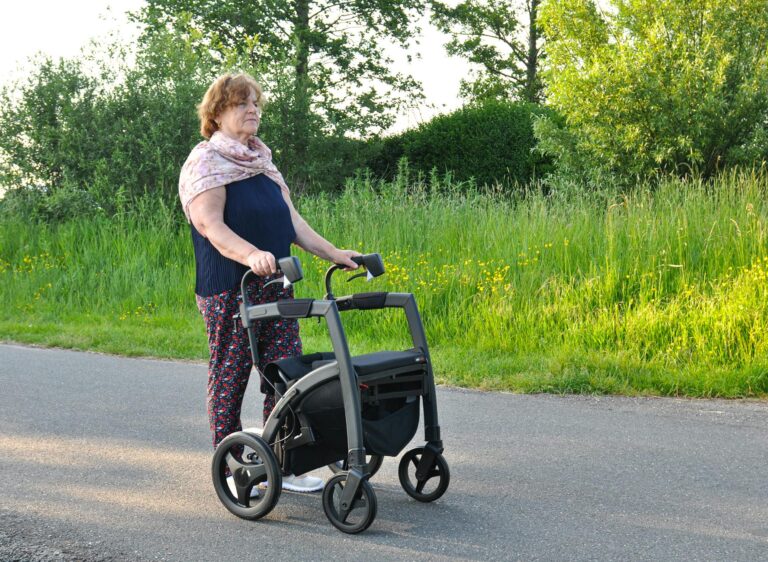Alzheimer’s disease is a progressive brain disorder that affects millions of people worldwide. It is characterized by memory loss, difficulty in problem-solving, and changes in behavior and personality. The disease has no cure, making it one of the leading causes of death in the United States. However, recent studies have shown that having hobbies can play a significant role in preventing or delaying the onset of Alzheimer’s disease.
But what exactly are hobbies? Hobbies are activities that individuals engage in for pleasure and relaxation. They can range from reading, gardening, cooking, painting, to playing sports or musical instruments. Hobbies are often seen as a form of leisure activity, but their benefits go far beyond just passing the time. Engaging in hobbies has been proven to have positive effects on mental and physical health, and these benefits extend to protecting against Alzheimer’s disease.
One of the ways hobbies can help prevent Alzheimer’s disease is by keeping the brain active. Research has shown that mental stimulation through activities like puzzles, crosswords, and learning new skills can build cognitive reserve. Cognitive reserve is the brain’s ability to adapt and function despite age-related changes or damage. It acts as a buffer against the effects of diseases like Alzheimer’s, helping to delay its onset or reduce its severity. Engaging in mentally challenging hobbies regularly can help build cognitive reserve and keep the brain active and healthy.
Hobbies also provide a sense of purpose and fulfillment. As we age, it is common to experience a decrease in social interactions and feelings of loneliness or isolation. Hobbies can be a great way to combat these feelings and stay connected with others. Joining clubs or groups with similar interests can provide opportunities for socialization and build a sense of community. This social engagement has been linked to a reduced risk of developing Alzheimer’s disease.
Moreover, hobbies have been found to reduce stress levels. Chronic stress has been identified as a major risk factor for Alzheimer’s disease. It can cause damage to the brain’s memory centers and accelerate cognitive decline. Engaging in hobbies that are enjoyable and relaxing, such as gardening or painting, can help reduce stress and promote overall well-being. This, in turn, can help protect against Alzheimer’s by keeping the brain and body healthy.
Interestingly, studies have also shown a link between hobbies and improved sleep quality. As we age, our sleep patterns tend to change, with many older adults experiencing difficulty falling asleep or staying asleep. Lack of sleep has been associated with an increased risk of developing Alzheimer’s disease. Hobbies that require concentration, such as knitting or playing an instrument, can have a calming effect on the mind and promote better sleep. Thus, engaging in hobbies can have a positive impact on both mental and physical health and potentially prevent Alzheimer’s disease.
In addition to the above benefits, hobbies also provide opportunities for learning and personal growth. Learning new skills or taking up new hobbies can be challenging and stimulating for the brain. It forces the brain to form new neural connections, which can help maintain cognitive function and slow down age-related brain changes. This constant learning can also improve memory and executive functioning, both of which are important for preventing Alzheimer’s disease.
It is essential to note that the benefits of hobbies in preventing Alzheimer’s disease are not limited to older adults. Engaging in activities that promote mental stimulation and socialization from a young age can help build cognitive reserve and reduce the risk of developing the disease later in life.
In conclusion, having hobbies is not just about passing the time; it is also about investing in your brain’s health. Hobbies provide a way to keep the mind active, reduce stress levels, promote social engagement, and improve overall well-being. All of these factors are crucial in preventing Alzheimer’s disease and other forms of dementia. So, whether it’s picking up a new hobby or continuing with an old one, make time for activities that bring joy and fulfillment into your life. Your brain will thank you for it in the long run.





